Election
Elon Musk
Philadelphia
Lawsuit

Election
Elon Musk
Philadelphia
Lawsuit
A legal battle is brewing between the Philadelphia District Attorney's office and Tesla CEO Elon Musk, escalating over a controversial $1 million-a-day election sweepstakes. The District Attorney, Lawrence Krasner, filed a lawsuit on Monday, October 28th, alleging that the sweepstakes, orchestrated by Musk's America PAC, violates Pennsylvania's consumer protection laws and constitutes an illegal attempt to influence the upcoming Presidential Election scheduled for November 5th.
The lawsuit, filed in the Philadelphia County Court of Common Pleas, paints a picture of a sweepstakes designed to sway voters in key swing states. The scheme promises a daily $1 million cash prize to registered voters who sign a petition supporting the First and Second Amendments of the U.S. Constitution – specifically, freedom of speech and the right to bear arms. The giveaway is set to run until Election Day.
District Attorney Krasner argues that the sweepstakes is, in essence, an unregulated lottery. Pennsylvania law mandates that all lotteries must be regulated by the state. Because Musk’s giveaway lacks this state sanction, the lawsuit contends it directly violates existing legislation. The legal filing explicitly states, "It is indisputably an unlawful lottery."
Beyond the lottery violation, the lawsuit also alleges breaches of Pennsylvania's consumer protection laws. The complaint points to what it describes as "deceptive, vague, or misleading statements" employed by the America PAC. Specifically, the lawsuit cites the absence of a publicly available, comprehensive rulebook detailing the sweepstakes' mechanics and a lack of clear information regarding the protection of participants' privacy. Further accusations target the method of winner selection, alleging that the PAC does not randomly choose winners.
The urgency of the lawsuit is underscored by the DA's call for an immediate injunction to halt the sweepstakes before Election Day. The suit directly accuses Musk and his America PAC of devising the sweepstakes specifically to manipulate voters in the upcoming election. The filing reads, "The America PAC and Musk must be stopped, immediately, before the upcoming Presidential Election on November 5. That is because America PAC and Musk hatched their illegal lottery scheme to influence voters in that election."
America PAC has yet to respond to requests for comment regarding the lawsuit.
Elon Musk, a known supporter of former President Donald Trump, publicly announced the million-dollar prize at a recent campaign rally. He sought to clarify the giveaway's purpose at a subsequent Trump campaign event, stating that it wasn't compensation for voter registration. Instead, he framed it as a petition drive in support of the Constitution, emphasizing the freedoms of speech and the right to bear arms. He stated, “It’s really a petition in support of the Constitution of the United States, and in particular, freedom of speech and the right to bear arms.”
District Attorney Krasner defended the lawsuit, emphasizing his office's dual responsibilities: protecting citizens from unfair business practices and ensuring fair elections. In a prepared statement released on Monday, he explained, "The Philadelphia District Attorney is charged with protecting the public from public nuisances and unfair trade practices, including illegal lotteries. The DA is also charged with protecting the public from interference with the integrity of elections."
Musk's financial contribution to the America PAC is substantial. Records indicate he has donated at least $119 million to the PAC as of early October. This significant investment underscores Musk's active involvement in the political landscape, particularly in supporting Trump's campaign. His support has extended beyond financial contributions, encompassing involvement in grassroots organization and even purchasing advertising.
This isn't the first time the America PAC's $1 million sweepstakes has attracted legal scrutiny. Last week, the Department of Justice sent a letter to Musk warning him that the sweepstakes could violate federal laws. Furthermore, state officials in North Carolina and Michigan, both considered swing states, also investigated the America PAC after a news investigation by a major business news network found irregularities. The investigation revealed that the PAC improperly collected voter information under the pretense of voter registration, a promise it failed to fulfill. Both states launched brief investigations before the America PAC updated its website to address the identified issues.
The Philadelphia lawsuit raises several key legal and ethical questions surrounding the intersection of campaign finance, consumer protection, and the integrity of the electoral process. The case highlights the potential for significant financial resources to influence voter behavior and underscores the ongoing debate about the appropriate limits on political spending and the use of sweepstakes or similar promotions in electoral campaigns.
The lawsuit seeks a significant financial penalty: $1 million in damages. This amount reflects not only the potential for financial harm to individuals deceived by the sweepstakes, but also the significant impact that the scheme may have had in undermining fair election practices. The District Attorney's office believes the large-scale attempt to sway voters warrants a substantial financial penalty to deter similar actions in the future. The suit seeks to prevent similar schemes from happening again, and to ensure the fairness of the upcoming election.
The legal battle between the Philadelphia District Attorney and Elon Musk's America PAC is likely to be closely watched, particularly as it unfolds in the context of a highly contested presidential election. The outcome will likely set a precedent for future attempts to use large-scale financial incentives to influence voter behavior. The case raises critical questions about the lines between permissible political activity and potentially unlawful election interference, leaving the ultimate decision to the courts. The legal arguments will center around whether the sweepstakes genuinely aimed to promote constitutional rights or whether it served primarily as a thinly veiled attempt to influence the election outcome. The court's interpretation of the law will significantly impact future political campaigning and the use of such incentives in election cycles to come. The case also raises questions about the role of massive financial contributions in modern political campaigns. The scale of Musk's donations to the America PAC is unprecedented, prompting discussions about the balance between freedom of speech and the potential for undue influence in the democratic process.
The next few weeks will be crucial as the courts consider the Philadelphia District Attorney's request for an injunction. The decision will determine whether the $1 million daily sweepstakes continues to operate, potentially affecting voter behavior in the final days leading up to the election. Beyond the immediate legal ramifications, the case is a potent reminder of the ongoing complexities and challenges surrounding fair elections and the impact of large-scale financial influence in the political arena. The potential consequences extend far beyond Pennsylvania, setting a possible legal precedent for similar actions in other states across the nation. The case promises to be a landmark legal challenge, impacting not only the current election but potentially shaping the future of campaign finance and election law in the United States.
SHARE
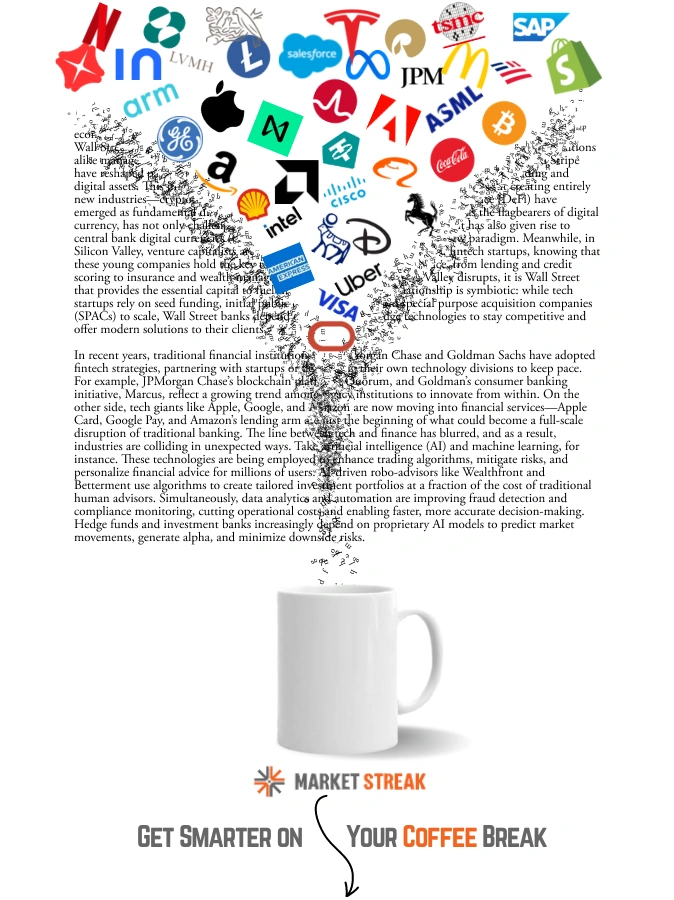
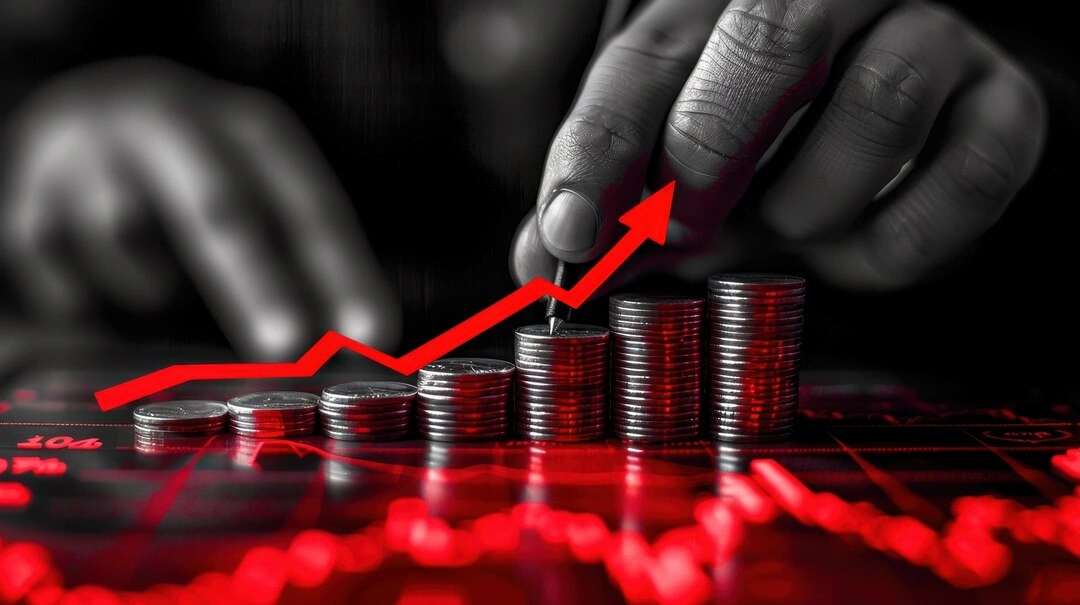
news
30th October 2024

news
30th October 2024
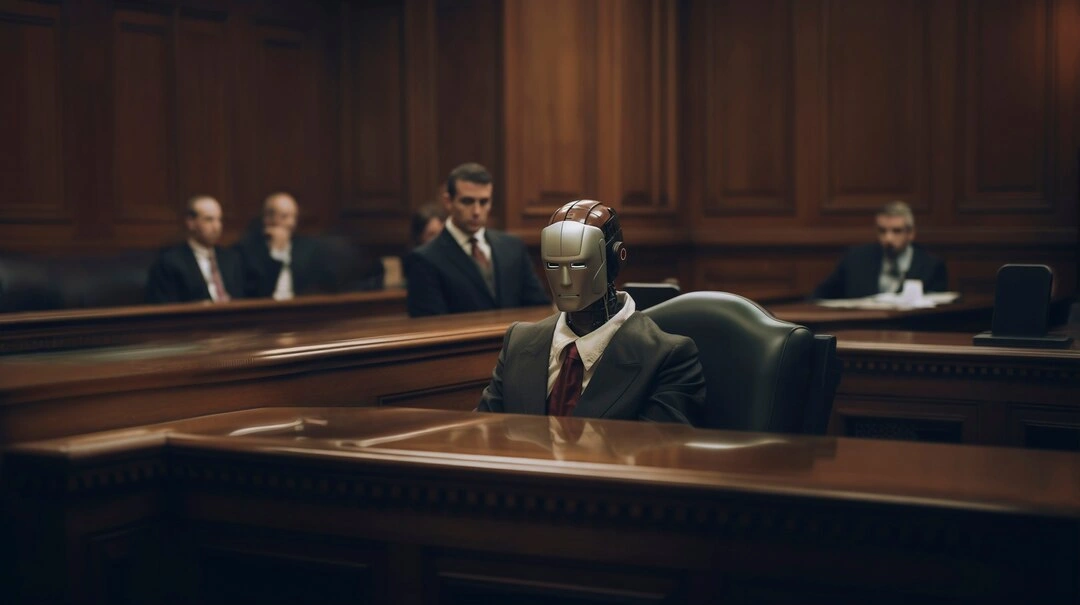

news
30th October 2024

news
30th October 2024


news
30th October 2024

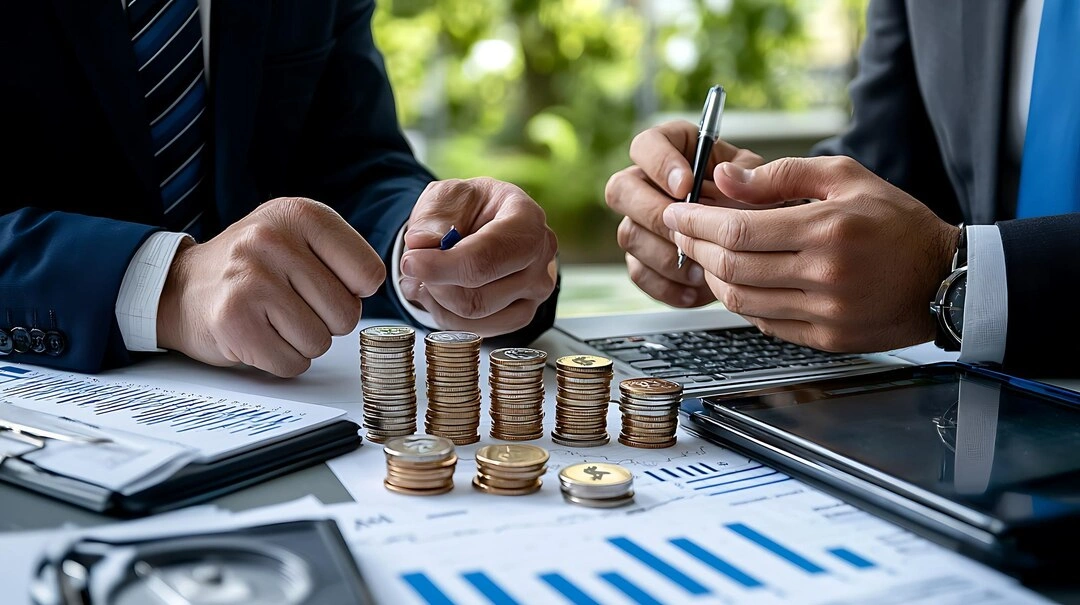
news
30th October 2024
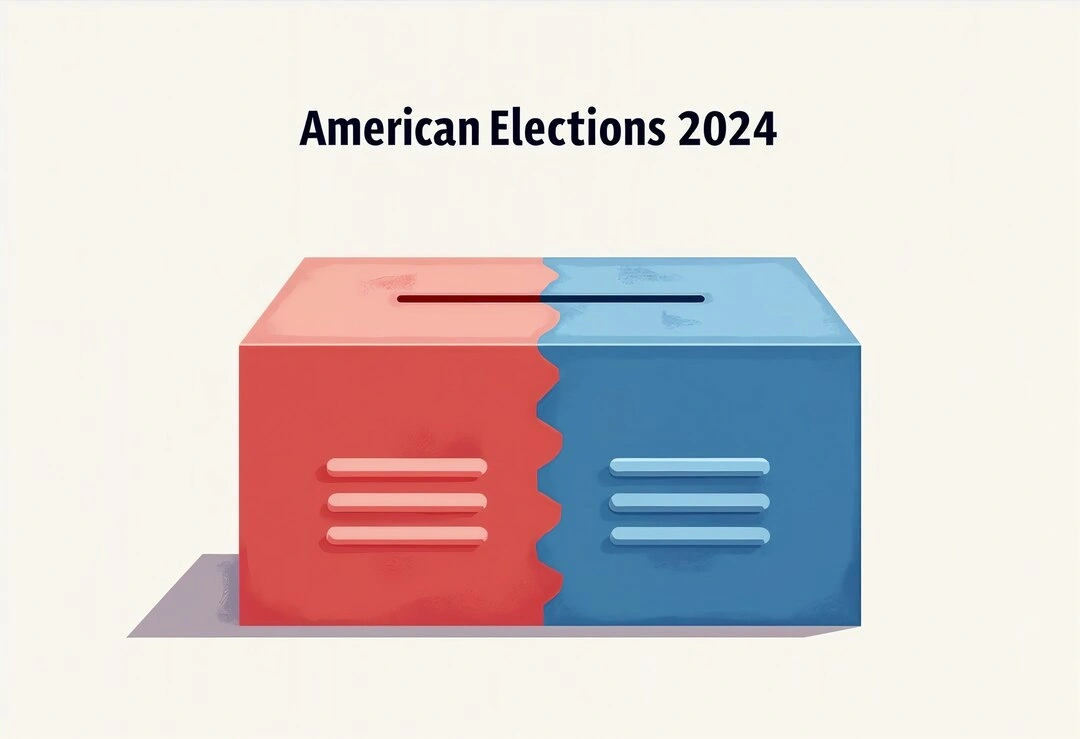
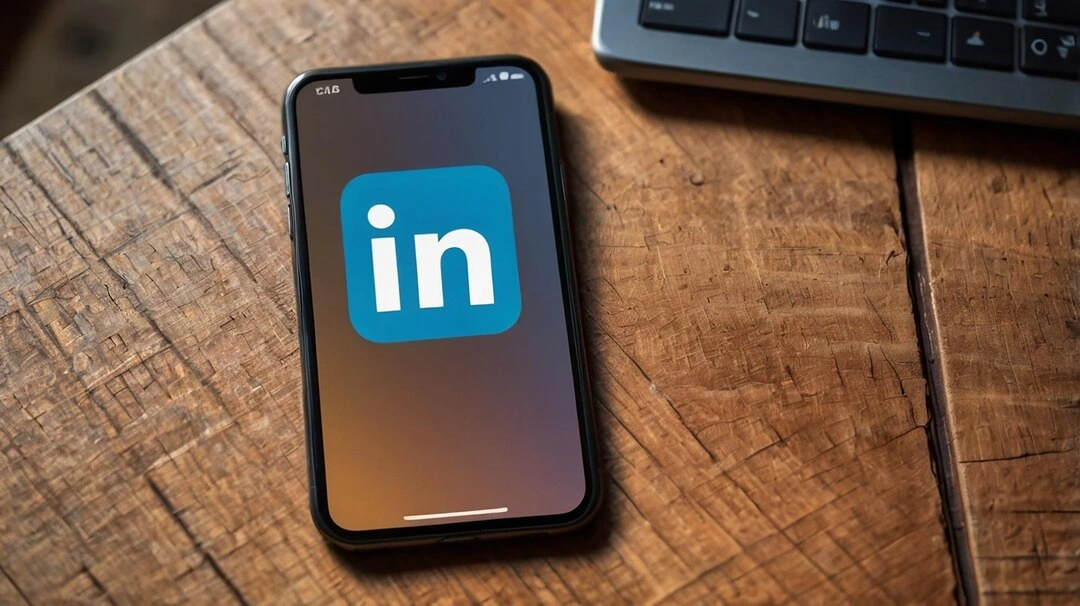
news
30th October 2024